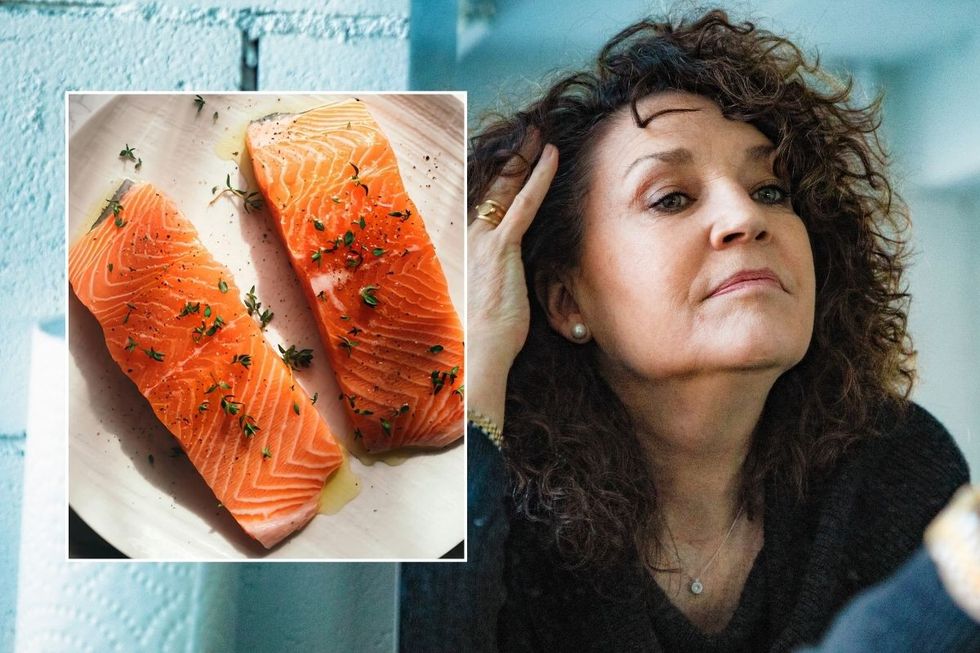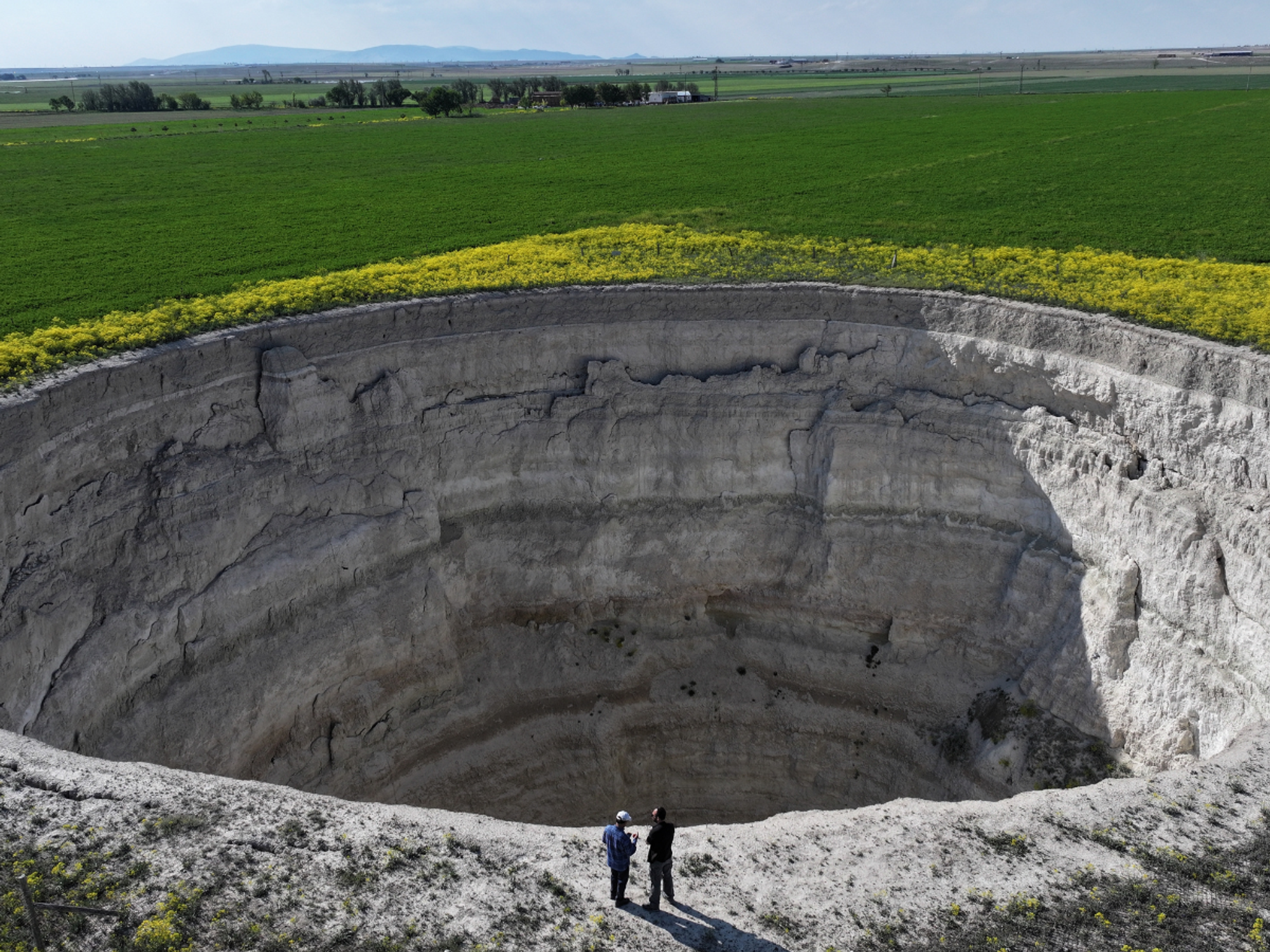Menopause: The three most important dietary rules for thicker and healthier hair during your golden years

Menopause sets a wave of changes in the body, with hair thinning often one of the first to emerge. This week, GB News has spoken to an expert about the best lifestyle tweaks to stave off and reduce age-related changes on the scalp.
Don't Miss
Most Read
Menopause can trigger a cascade of physical changes, with a great number of women experiencing hair thinning during the natural life transition.
The process, which typically occurs between the ages of 45 and 55, is marked by a substantial decrease in essential hormones like oestrogen and progesterone. This very shift triggers changes in hair growth patterns and follicle health, but making lifestyle changes can help hinder the impact.
While all of these changes are natural, several practical solutions may help manage and improve hair health during the transition period.
Board-certified dermatologist and trichologist Dr Hamdan Abdullah Hamedb suggests that incorporating more minerals, vitamins and protein in the diet can make a significant difference.
Why does menopause cause hair loss?
As oestrogen and progesterone levels drop, follicles slowly begin to shrink, affecting the appearance of hair around the top and crown areas of the head.
Also known as androgenetic alopecia, this form of hair loss is common in women tackling physical changes during menopause.
Sometimes the hormonal imbalance is further complicated by testosterone's role as it converts to dihydrotestosterone (DHT), a hormone that contributes to follicle shrinkage.

Protein from fish is recommended to reduce menopausal hair loss
|GETTY
How does this affect the hair?
One of the most evident ways reduced oestrogen affects hair is causing the scalp to become drier and less flexible.
Women experiencing menopause frequently notice several distinct changes in the appearance and texture of their hair.
The most first and most noticeable change is typically hair thinning around the crown of the head, but texture can also become significantly rougher and more fragile as hormonal fluctuations continue.
Many women also observe their hair losing it natural shine and vibrancy, primarily due to decreased oil production on the scalp.
What's more, fundamental changes in the hair structure make it more prone to breakage and damage.
Dr Hamedb suggest revising your diet as a starting point. He explained: "Even though hormonal changes happen naturally as we grow older, making some choice in how we live and what foods we eat can help keep hair strong an full.
"Eating a well-rounded diet is crucial. Important nutrients include proteins, vitamins, minerals," he added, offering the following breakdown of foods for each group.
Proteins: Hair is mainly made from keratin, a type of protein. Eating enough protein from foods like chicken, fish, beans and nuts helps made hair strong.
Vitamins: Vitamins A, C, D, and B vitamins (like biotin) are very important for keeping hair healthy. Make sure to eat many fruits, vegetables and whole grains in your diet.
Minerals like iron, zinc, and selenium are very important too. Eating foods such as spinach, nuts and seeds can give you these minerals.
Dr Hamedb added that beyond making dietary tweaks, it's important to handle stress, noting that "ongoing stress can make hair loss less severe".
LATEST DEVELOPMENTS
 |
| GETTY
Alternative treatments for menopausal hair loss
While lifestyle tweaks can significantly change the course of hair loss, there are other approaches available for more severe cases.
According to Dr Hamedb, one of the best medical treatments available is Minoxidil, a topical solution proven to help with hair loss when used consistently.
Hormonal replace therapy (HRT) can also help some women, though a consultation with a healthcare provider is essential to under the benefits and risks.
Other professional treatments that may help include platelet-rich plasma therapy. The treatment is notoriously expensive and not sage for everyone, however.










